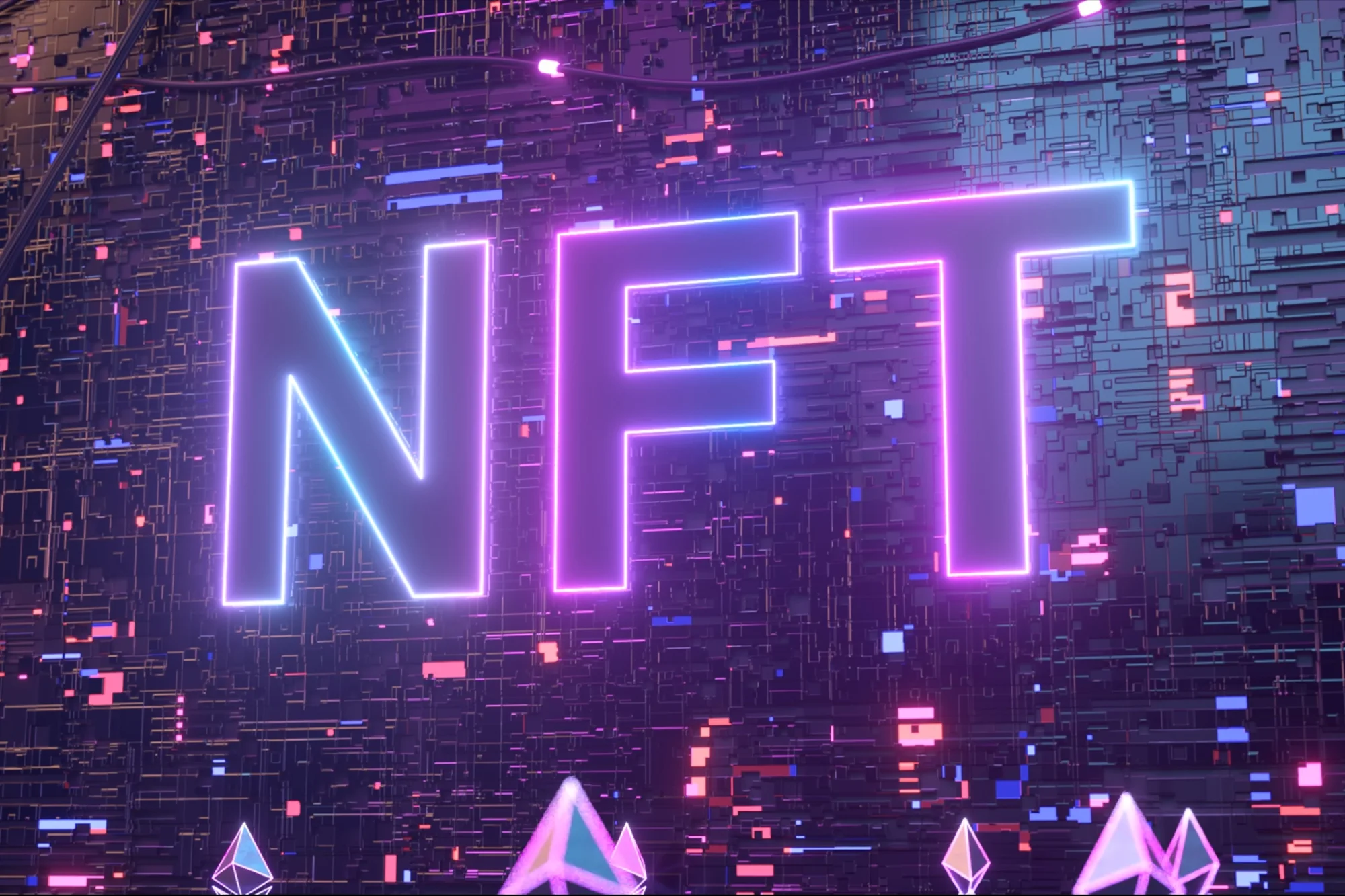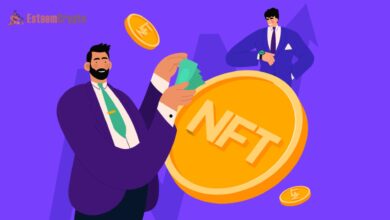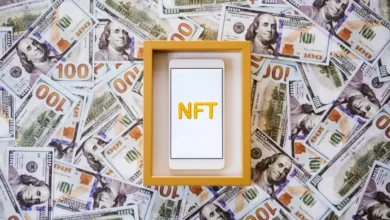Hoskinson Remains Confident That Cardano Can Achieve Full Decentralization
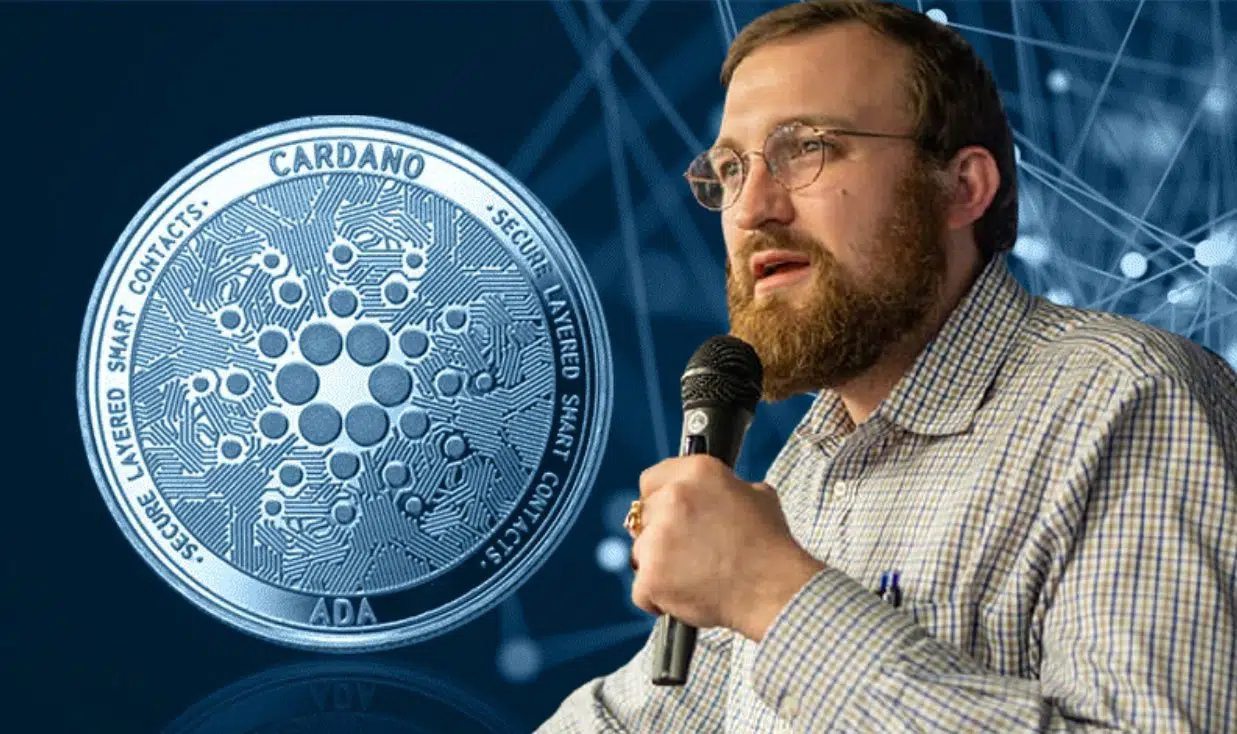
Hoskinson Remains Confident: Cardano, one of the leading blockchain platforms in the cryptocurrency space. Has long been heralded for its innovative approach to decentralization and scalability. Charles Hoskinson, the visionary founder of Cardano and a co-founder of Ethereum, has once again expressed his unwavering belief that Cardano can achieve full decentralization. What is Bitcoin Cash—How Does BCH Work? His confidence stems from the platform’s robust architecture and the consistent progress made by its developer community.
The Promise of Full Decentralization
Decentralization is the cornerstone of blockchain technology. It eliminates the need for intermediaries, enhances security, and empowers individuals by giving them control over their data and financial transactions. For Cardano, full decentralization means creating a self-sustaining ecosystem where the network is entirely managed by its community without relying on centralized entities.
Hoskinson has emphasized that achieving this goal is not just about technology but also about fostering a strong and active community. Cardano’s unique Proof-of-Stake (PoS) consensus mechanism, Ouroboros, plays a critical role in this vision. Unlike traditional Proof-of-Work systems, Ouroboros ensures that power is distributed among stakeholders, making the network more energy-efficient and equitable.
Key Milestones on the Path to Decentralization
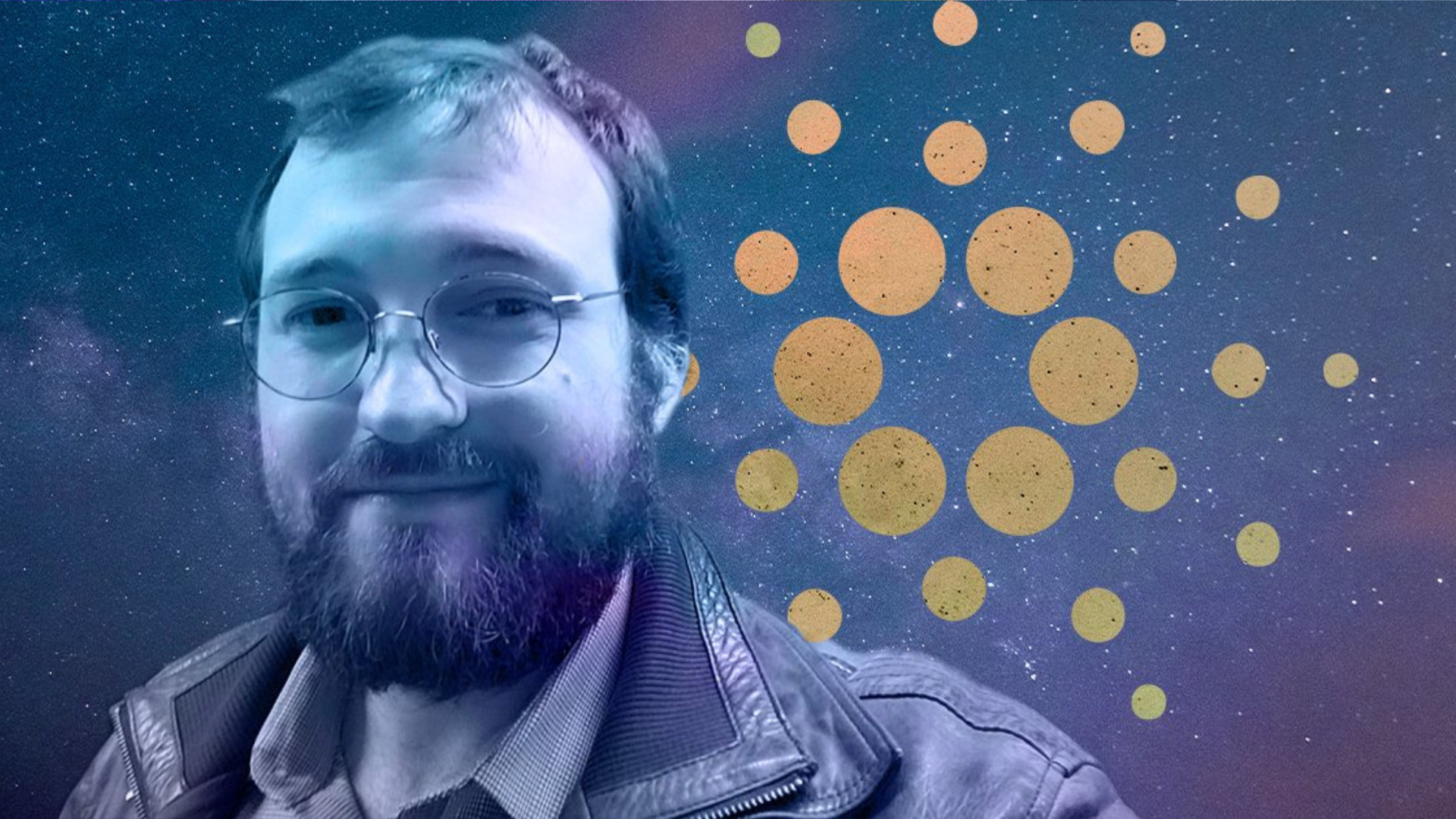 Cardano has already made significant strides toward decentralization. Here are some key milestones:
Cardano has already made significant strides toward decentralization. Here are some key milestones:
- Shelley Upgrade: The Shelley phase, launched in 2020, marked a major step in Cardano’s decentralization journey. It introduced staking and delegation, enabling users to participate in the network’s governance and earn rewards.
- Stake Pool Operators (SPOs): Cardano’s reliance on a vast network of independent stake pool operators has further decentralized the network. With thousands of SPOs managing nodes, Cardano has reduced the risk of centralization.
- Governance through Voltaire: The upcoming Voltaire phase aims to establish a decentralized governance framework. Through voting and funding mechanisms, the community will have a direct say in the platform’s future development.
Overcoming Challenges
While Cardano has made impressive progress, achieving full decentralization comes with challenges. Ensuring network security, preventing Sybil attacks, and maintaining consensus in a decentralized environment are complex tasks. Hoskinson acknowledges these hurdles but remains optimistic, citing the platform’s scientific approach and peer-reviewed research as key advantages.
Another challenge is fostering a vibrant ecosystem of developers and dApps. Cardano’s smart contract platform, Plutus, is designed to attract developers by offering a secure and efficient environment for building decentralized applications.
The Road Ahead
Hoskinson’s confidence is backed by Cardano’s methodical and research-driven approach. Unlike many blockchain projects that rush to market, Cardano prioritizes rigorous testing and incremental improvements. This cautious strategy has earned it a reputation for reliability and scalability.
As Cardano continues to evolve, its community remains central to its success. Hoskinson frequently highlights the importance of collective effort, urging developers, stakeholders, and enthusiasts to contribute to the platform’s growth.
Conclusion
Charles Hoskinson’s belief in Cardano’s ability to achieve full decentralization is more than just optimism; it is a reflection of the platform’s strong foundations and visionary roadmap. As the blockchain space matures, Cardano’s commitment to decentralization could position it as a leader in the industry, setting a standard for transparency, efficiency, and community-driven innovation.
[sp_easyaccordion id=”3823″]


